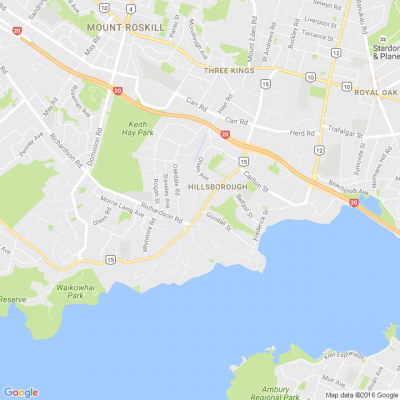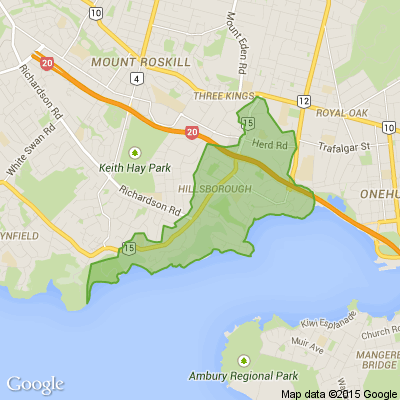UoA Research Study Participants Needed
Kia ora koutou,
My name is Katerina and I am currently working towards a Masters Thesis in Psychology at the University of Auckland. I am in the final stretch on my thesis and still in need of a few people for my research:
- aged 45-60
- native English speakers
- no history of clinical anxiety, depression, ADHD, etc.
- not on mood enhancing medication
- no history of trauma to the brain
- no history of drug or alcohol abuse
We are looking to find out how a large sample of healthy New Zealanders perform on a small number of tasks involving social cognition (understanding what other people are thinking and feeling) and executive function (planning and problem-solving) and on measures of well-being and social connectedness. This will provide information about the normal range of performance and may provide a useful comparison in future studies involving people with neurological problems.
The study will take no longer than 1 hour of your time and you will receive a $20 Countdown voucher for participation. The study will take place at the School of Psychology, Science Centre, 23 Symonds St.
If you are interested, please email me at eger856@aucklanduni.ac.nz with a contact number and I can arrange a call to check eligibility and provide more information.
Thank you for your interest and time in reading this post!
Ngā Mihi
Katerina
This study has been approved by the University of Auckland Human Participants Ethics Committee on 15/12/2023 for three years. Reference Number UAHPEC26994.

Share your summer photos! 📷
Taken some beautiful snaps lately? Whether it's rainbows, sunsets or a beautiful summer's day, we'd love you to share the joy with us.
Share a photo in the comments below

We're talking new year resolutions...
Tidying the house before going to bed each night, meditating upon waking or taking the stairs at work.
What’s something quick, or easy, that you started doing that made a major positive change in your life?

2024: The Year of Puzzling It Out!
There’s a one-story house where everything is yellow.
The walls are yellow, the doors are yellow, and even the furniture is yellow.
What colour are the stairs?
Do you think you know the answer to our daily riddle? Don't spoil it for your neighbours! Simply 'Like' this post and we'll post the answer in the comments below at 2pm.
Want to stop seeing riddles in your newsfeed?
Head here and hover on the Following button on the top right of the page (and it will show Unfollow) and then click it. If it is giving you the option to Follow, then you've successfully unfollowed the Riddles page.








 Loading…
Loading…




